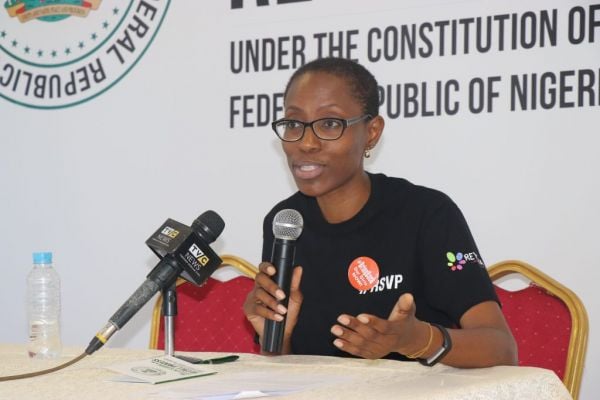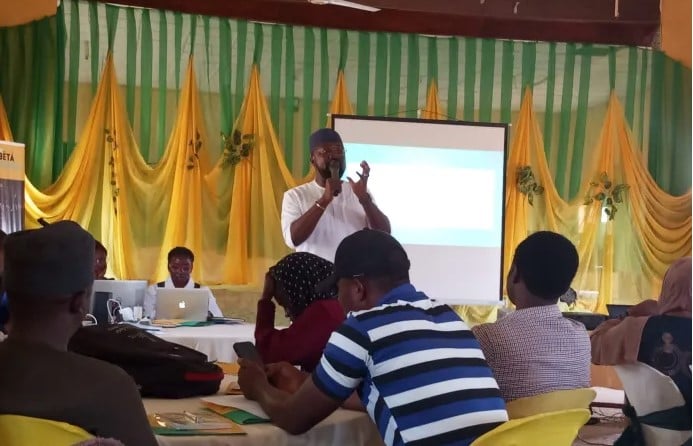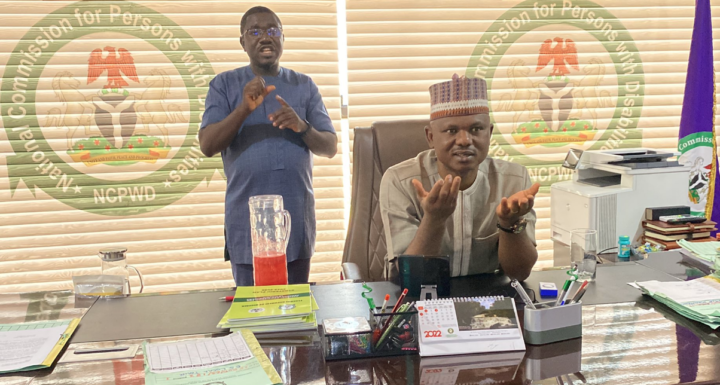Yemi Adamolekun, executive director of Enough is Enough Nigeria (EiE), a civil society organisation (CSO), says Nigeria can achieve an effective democracy through the collaborative efforts of the citizens.
Adamolekun spoke on Thursday at an event to commemorate the 14th anniversary of the organisation in Lagos.
The CSO also held its ThursdayTalks conversation with thought leaders and citizens, who discussed the state of the nation and the way forward.
The “ThursdayTalks” is a monthly and online conversation initiated by EiE Nigeria in collaboration with BudgIT and TheCable.
Advertisement
She said citizens need to work together and adopt grassroots approach when addressing economic and political issues at the local level.
“What we need is a critical mass of citizens who truly comprehend the issues at hand, can connect the dots between various challenges, and are ready to put in the work required to drive broader civic engagement,” she said.
‘NIGERIA MUST EMPOWER CITIZENS WITH KNOWLEDGE’
Advertisement
Also speaking, Abiola Akiyode, a lawyer and founder of the Women Advocate Research and Documentation Centre (WARDC), said citizens need to be empowered with knowledge to be able to demand accountability.
Akiyode expressed concerns over the recent high inflation rate and insecurity throwing more Nigerians into poverty.
She said a responsible government should not just distribute palliatives but be interested in finding a permanent solution to the challenges.
“As far as I am concerned, if you think you are putting yourself up for leadership, you must be ready and must have understood the situation of the country,” she said.
Advertisement
“It is not an excuse to say that I am doing better than the other person and that is your judgement.
“An ordinary Nigerian would say as at last March, I could go to the market and buy a bag of rice for N23,000 but today I have to buy it for N90,000.
“That is the language that we understand, that something has changed and life has become difficult for people and that people are fighting over palliatives.
“We don’t want palliatives. We want an intervention that is permanent.
Advertisement
“We want an intervention that is responsive to the needs of the people. people are dying every day.
“In poverty, we are still quiet, in poverty, we are not angry. Security, we are still coping and that is why the people in leadership think that it is comfortable for us to remain like that. We need an alternative.
Advertisement
“The inflation is high and everybody sees it except for those who are blind or benefitting from it.
“Insecurity is so bad, the security architecture, economy and political conversation is not responding to the needs of the people.
Advertisement
“We need to have empowered citizens and that is why I agree with Enough is Enough on the office of the citizens.
“We need to elevate it with knowledge. People need to know there is power with the people and we need to begin to activate that power.”
Advertisement
Commenting on the challenging business environment in the country, Oluseyi Owojulugbe, senior analyst with SBM Intelligence, said the security situation in Nigeria has continued to discourage potential investors.
Owojulugbe said Nigeria will experience “a rise in unemployment as companies struggle to stay afloat in a challenging economic environment”.
She said Nigeria has been experiencing violence since the colonial era, adding that “it is not just bandits that are inflicting pain, the government is also inflicting pain on the citizens from the economic side”.
She added that the number of victims of abduction in 2024 is more than the figure recorded in both 2019 and 2020.
Active citizens from various non-governmental organisations (NGOs) and CSOs participated in the conversation.
They recommended ways forward to Nigeria’s challenges.
Other speakers at the event include Vahyala Kwaga, senior research and policy analyst at BudgIT and Antoinette Lecky, an activist and entrepreneur.
Add a comment






